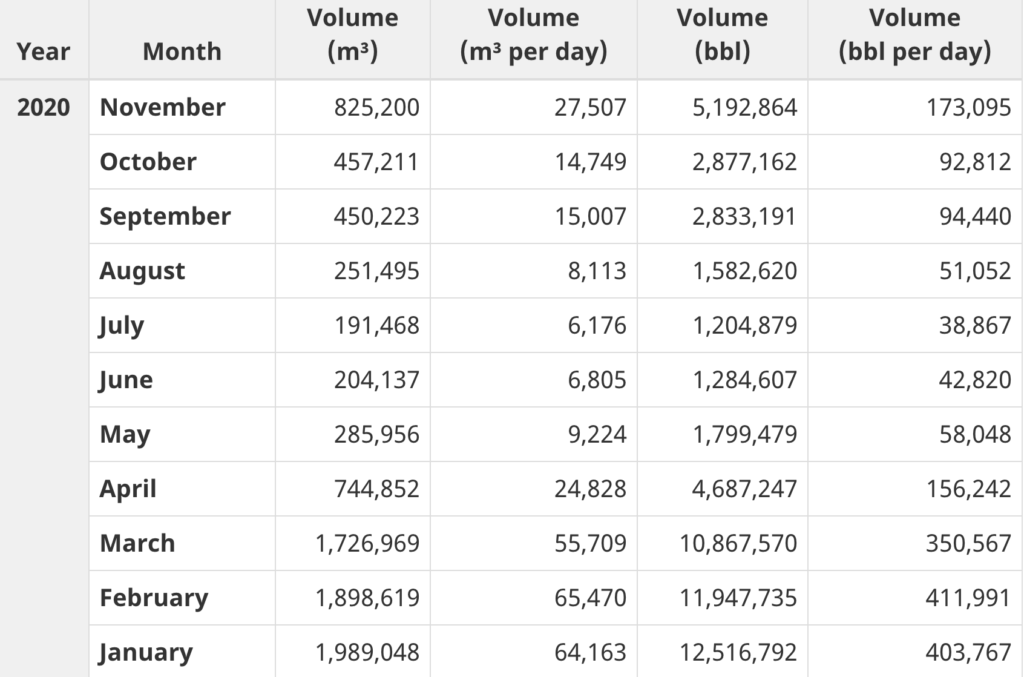Canadian crude exports by rail have jumped to a high record in November 2020, after a volatile year of crashed demand and weak prices, the Canada Energy Regulator informed this week.
According to CER’s most recent data, crude exports by rail jumped 87% in November 2020, compared to prior month’s average of 92,812 barrels per day.
November’s average hit a seven-month high record of 173,095 barrels per day. Such increase is explained by production rising in Western Canada and a limited pipeline capacity in the country’s network.
The numbers of crude exports by rail in Canada were volatile all through 2020. Following the demand crash after the pandemic and the first lockdowns, in April exports by rail went down severely.
After being stable at an average of 1,900,000 barrels per day during the first trimester of 2020, in April exports by rail went down to 744,852 barrels per day, which is a 60% decrease.


Recommended for you: CO2 emission from energy sector to rebound in 2021 and 2022: EIA
Canada crude exports in 2020
By May, the decrease was of an 84,95%. CER’s data shows that the deepest decrease was in July, with 191,468 barrels per day exported by rail; which is equivalent to a 89% decrease.
After that month, numbers peaked slowly, to the high record shown in November. Still, the average of November 2020, is still down 42% compared the last year’s same period.
Transportation of crude oil by rail is more expansive than in pipeline; still, industry tends to use these shipments when pipelines are full or when the destination market offers a superior price than the one Canada could offer.
As we have reported previously; the TC Energy project Keystone XL, axed by the Joe Biden administration on its first day, intended to expand Canada’s capacity of crude transportation by pipeline.
Still, expansions already on their way, like Enbridge’s Line 3 and the Trans Mountain pipeline will ensure an expanded capacity of more than 950,000 barrels per day before 2025.

